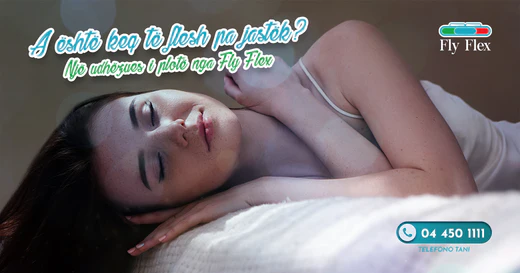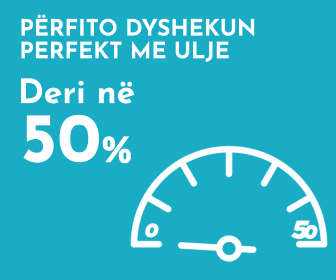Sleep is a fundamental part of our daily lives, crucial for maintaining both physical and mental health. At Fly Flex, we recognize the diverse sleep preferences and concerns that people have. One common question we encounter is whether sleeping without a pillow is beneficial or harmful. In this comprehensive guide, we’ll explore the pros and cons of sleeping without a pillow, providing you with the insights needed to make an informed decision for your sleep health.
The Role of a Pillow in Sleep
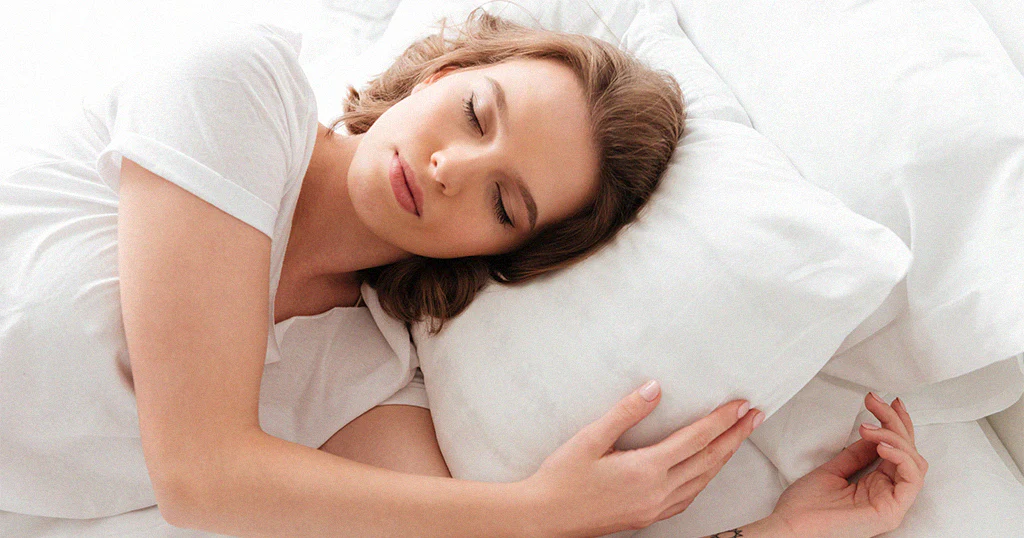
Pillows are designed to provide support to the head, neck, and shoulders, helping to maintain proper alignment of the spine during sleep. They can alleviate pressure points, reduce pain, and contribute to overall comfort. However, not everyone benefits from using a pillow, and in some cases, sleeping without one might be more suitable.
Benefits of Sleeping Without a Pillow
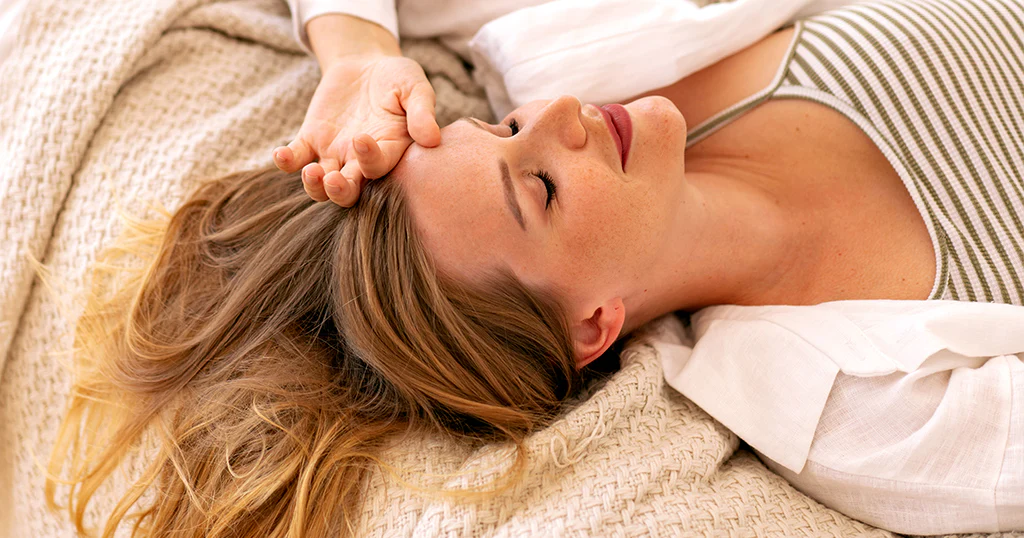
For certain individuals, particularly stomach sleepers and those with specific medical conditions, sleeping without a pillow can offer notable advantages.
1. Improved Spinal Alignment for Stomach Sleepers
– Neutral Spine Position: Stomach sleepers may find that lying directly on the mattress without a pillow keeps their spine in a more neutral position. This can reduce the strain on the neck and back, enhancing overall posture and reducing discomfort.
– Reduced Neck and Back Pain: By maintaining a neutral spine position, stomach sleepers can experience less neck and back pain, contributing to a more restful sleep experience.
2. Relief from Medical Conditions
– Sleep Apnea: Sleep apnea is a condition characterized by repeated interruptions in breathing during sleep. For some individuals, using a pillow can exacerbate these interruptions. Sleeping without a pillow may help to open the airways, reducing the frequency and severity of apnea episodes.
– Acid Reflux: Acid reflux, or gastroesophageal reflux disease (GERD), occurs when stomach acid flows back into the esophagus, causing discomfort and disrupted sleep. Elevating the head with a pillow can sometimes worsen acid reflux symptoms. In contrast, sleeping flat may help some individuals experience fewer reflux episodes.
Drawbacks of Sleeping Without a Pillow
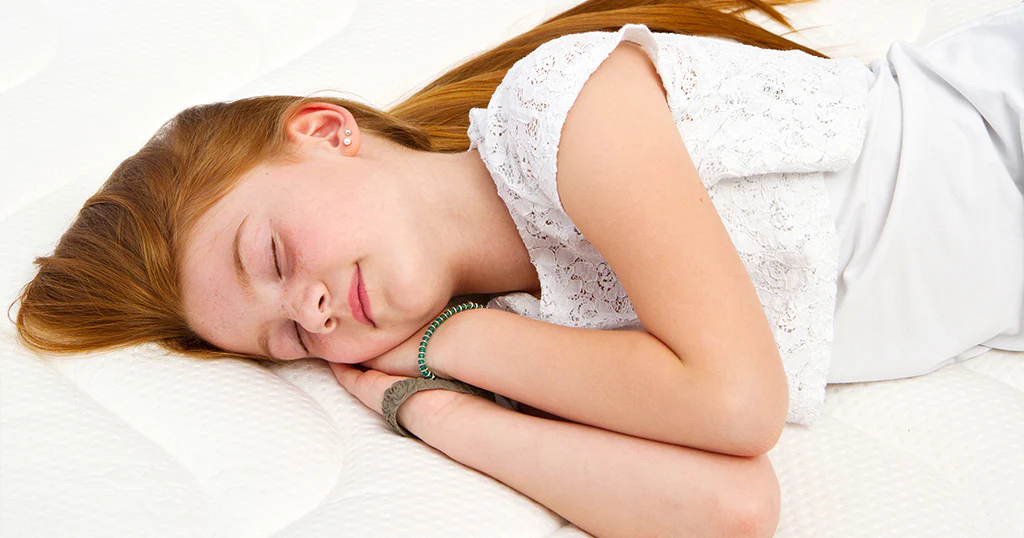
While there are benefits to sleeping without a pillow, it’s essential to understand the potential downsides.
1. Lack of Support
– Head and Neck Support: For most people, a pillow is necessary to support the head and neck. Without this support, you may wake up with pain and stiffness in the neck and upper back, as the head can sink too low, causing misalignment.
– Joint and Soft Tissue Pain: Sleeping without a pillow can lead to increased pressure on the joints and soft tissues in your neck and upper back, resulting in discomfort and pain.
2. Increased Wrinkles
– Facial Wrinkles: Sleeping without a pillow can contribute to the development of wrinkles and fine lines on your face and neck. The friction and pressure from direct contact with the mattress can cause skin creasing, leading to premature aging.
Who Should Always Use a Pillow?
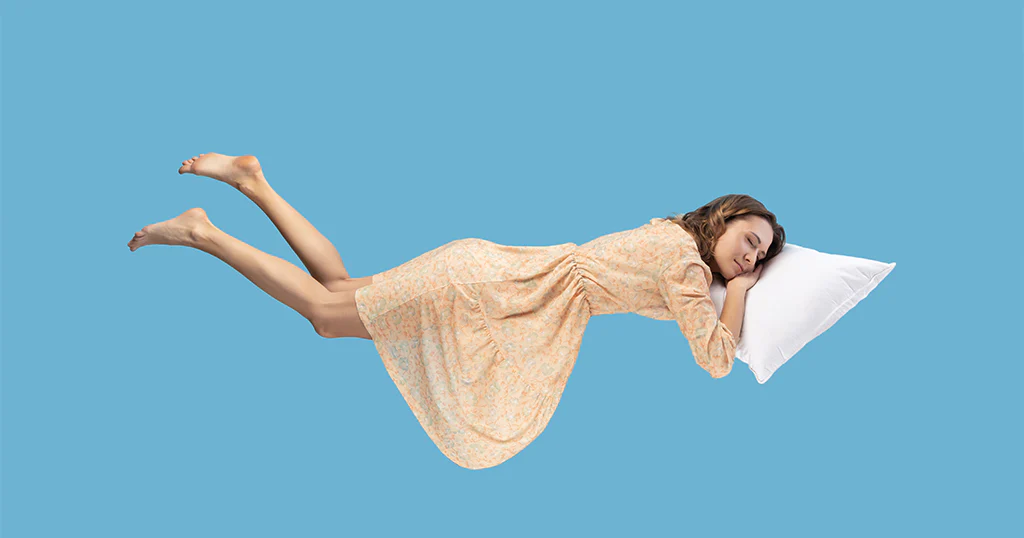
Despite the potential benefits of sleeping without a pillow, certain groups of people should avoid this practice to maintain their spinal health and overall comfort.
1. Back and Side Sleepers
– Spinal Alignment: Back sleepers and side sleepers should generally avoid sleeping without a pillow. These positions require the spine to be in good alignment to prevent strain and discomfort. A pillow helps to keep the head, neck, and spine aligned, reducing pressure on the spine.
– Pressure Relief: A pillow provides necessary support to the head and neck, distributing weight evenly and relieving pressure points. This is particularly important for side sleepers, who may experience shoulder and neck pain without adequate support.
2. Individuals with Spinal Conditions
– Spinal Health: People diagnosed with certain spinal conditions, such as herniated discs, scoliosis, or degenerative disc disease, need extra support to maintain proper spinal alignment while sleeping. A pillow helps to cushion and support the spine, preventing further strain and discomfort.
– Pain Management: Conditions like herniated discs and scoliosis are often accompanied by chronic pain. Using a pillow can help manage this pain by providing necessary support and reducing pressure on sensitive areas.
Tips for Transitioning to Pillow-Free Sleep
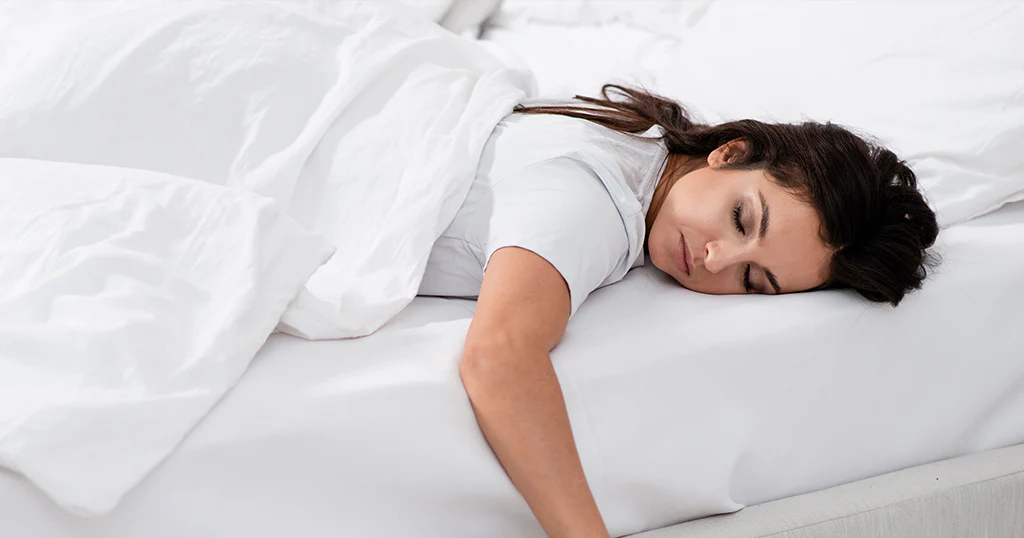
If you decide to experiment with sleeping without a pillow, it’s important to transition gradually and pay attention to your body’s responses. Here are some tips to help you adjust:
1. Gradual Reduction
– Start Slow: Begin by folding a blanket or towel under your head to provide some elevation and gradually reduce the thickness over time. This approach allows your neck and spine to adjust slowly to the new position.
– Monitor Comfort Levels: Pay attention to how your body feels during the transition. If you experience increased pain or discomfort, consider using a thin pillow instead of going completely pillow-free.
2. Strategic Pillow Placement
– Stomach Sleepers: If you sleep on your stomach, place a pillow under your stomach and pelvis to help keep your spine in a neutral position. This can reduce strain on your lower back and improve overall comfort.
– Back Sleepers: For back sleepers, placing a pillow under your knees can help maintain spinal alignment and reduce lower back pain. This position helps to support the natural curve of your spine.
3. Choose a Firm Mattress
– Supportive Mattress: A firm, supportive mattress is crucial for maintaining proper spinal alignment, especially if you’re sleeping without a pillow. Avoid soft, saggy mattresses that can cause your spine to sink and become misaligned.
– Mattress Quality: Invest in a high-quality mattress that provides adequate support for your sleeping position. A good mattress can make a significant difference in your overall sleep quality and comfort.
Conclusion
At Fly Flex, we believe that a good night’s sleep is essential for overall health and well-being. Whether you choose to sleep with or without a pillow ultimately depends on your personal comfort and health needs. By understanding the benefits and drawbacks of each option, you can make an informed decision that promotes restful and rejuvenating sleep.
For more sleep tips and advice, visit Fly Flex’s blog. We’re here to help you achieve the best sleep possible, tailored to your unique preferences and needs. Sweet dreams!
FAQs
Inizia gradualmente riducendo la tua dipendenza dal cuscino. Usa una coperta o un asciugamano piegato inizialmente e riduci lo spessore nel tempo. Presta attenzione alle risposte del tuo corpo e apporta gli aggiustamenti necessari.
Sì, dormire senza cuscino può contribuire allo sviluppo di rughe e linee sottili sul viso e sul collo. L’attrito e la pressione dal contatto diretto con il materasso possono causare pieghe della pelle, portando a un invecchiamento precoce.
La risposta dipende dalle esigenze individuali e dalle posizioni di sonno. Anche se ci sono benefici per alcuni dormienti, come quelli che dormono a pancia in giù e chi ha condizioni mediche specifiche, la maggior parte delle persone trae beneficio dall’uso di un cuscino per mantenere il corretto allineamento del collo e della colonna vertebrale.
No, le persone con condizioni spinali come ernie del disco, scoliosi o malattie degenerative del disco dovrebbero sempre usare un cuscino. Un adeguato supporto è essenziale per mantenere l’allineamento spinale e ridurre dolore e disagio.
Chi dorme a pancia in giù può sperimentare un miglior allineamento spinale e una riduzione del dolore al collo e alla schiena. Inoltre, le persone con apnea notturna o reflusso acido potrebbero trovare sollievo dai sintomi dormendo senza cuscino.

